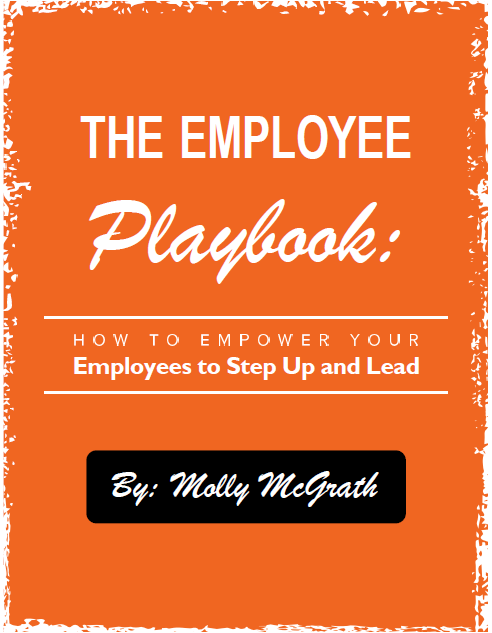How many times a day do you hear “I don’t know” to the point of nausea? Or any version of it? Many times, people use this phrase out of overwhelm or indifference. Most people don’t realize that “I don’t know” as a consistent response is nothing more than a habit.
a day do you hear “I don’t know” to the point of nausea? Or any version of it? Many times, people use this phrase out of overwhelm or indifference. Most people don’t realize that “I don’t know” as a consistent response is nothing more than a habit.
I’ll never forget the first time I realized how often I replied with this. It was when my coach said to me, “Well if you did know, what would your response be?” That was 12 years ago, and I still remember clearly how that stopped me dead in my tracks.
How do you overcome the habit now that you are feeling more vivacious and engaged? How do we teach our office culture to have an active motto of finding “I know” in “I don’t know?” I actually know of firms that have this printed out in their conference and break room areas.
Yes, you can teach, train and transform “I don’t know.” Some simple suggestions for creating new language in your firm:
1. I’m not prepared to respond and would like (days, hours) to process; can I get back to you by X:
When you need time to process how you really think or feel about something. It is completely appropriate to communicate that you need more time, as long as you provide a deadline and get agreement on the timeframe.
2. Give me X (days, hours) to gather and I will get back to you by X:
When you truly don’t have the information at your fingertips and are responsible for a response but need to gain access to reporting, data and/or information to provide a response. Or when you need to dig deeper for what the scope of the request is, you need to find what additional resources you need (outsource, purchase resources to get the request accomplished) etc.
3. Let me follow up with so and so:
When you are working with or needing someone else and need that person’s update or information to provide an answer. “I don’t know” or “so and so is responsible or was supposed to” is not helpful and only creates a game of pass the buck.
4. I’m not the best person to be included:
There are times when you are asked and you really don’t have the skill set/knowledge to be involved. This is an appropriate response only when you are not the ideal person to be involved in the project. We often say “I don’t know” out of habit vs. the honest truth of “I’m not the best person.” “I don’t know” leaves the other person lingering and guessing if/when to come back to you, if you are going to be doing something with it and/or what your position is. Uncertainty and lack of information causes unnecessary anxiety.
Truly, any version of the above suggested three simple responses; all of these can eliminate “I don’t know” or a flat out “we can’t do that” (don’t even get me started on that one).
If you are ready to grow and evolve your business without snowballing overhead, time, frustration, budgets and staff, and if you are ready to spend one intentional day at an enhanced pace, VIP Strategy Day is for you. It takes the average person six months to fully chart what we will accomplish in ONE deliberate DAY.
“What would it take to get you on a plane to lead a full-day consulting session for my small business?” We’ve been asked this exact question for decades now. It’s finally here: https://hiringandempowering.com/we-speak/
By: Molly

